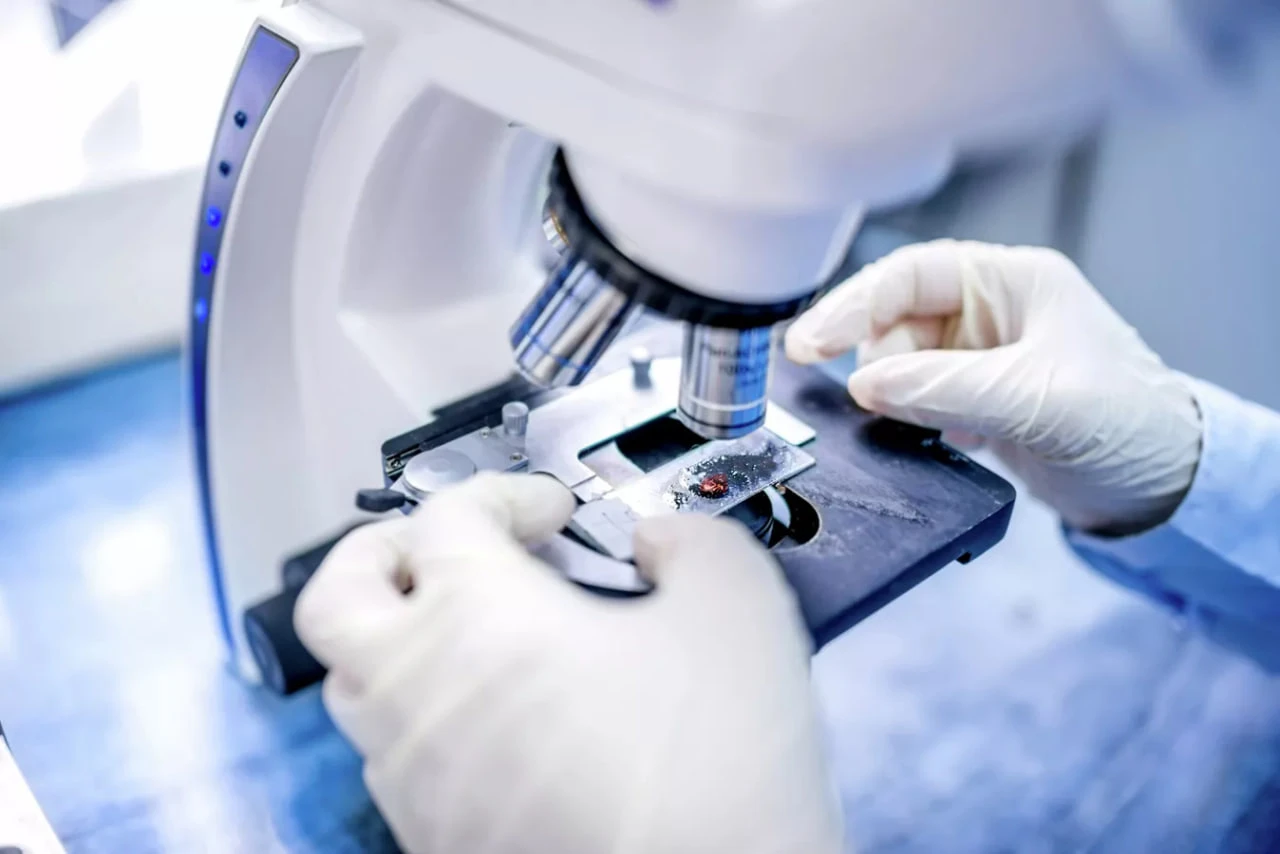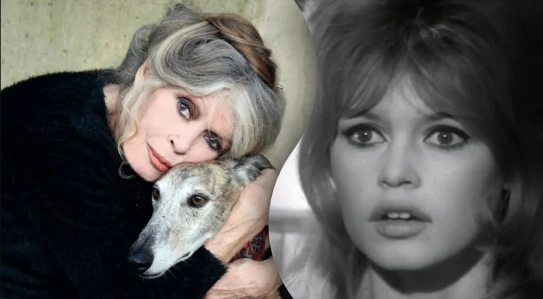Siberized scientists have found a compound to create an anti-tunic drug



French actress Brigitte Bardot died
The 12th century Armenian church door will be moved to the Armenian History Museum
In 2035, there may be clashes between humans and robots in Europe. Europol
The winner of Eurovision 2024 has refused the trophy because of Israel's participation
Scientists have discovered the chemical composition of small asteroids
A gene editing method has been developed to destroy HIV
Signals emitted by comet 3I/Atlas confirm its natural origin
A new life form has been discovered in Chernobyl
Revival of memory and culture. "The love story of Artsakh" returned to the stage (video)
The treasures of the depository-museum of St. Etchmiadzin Cathedral
People's Artist of Russia Vladimir Simonov died
It became known where the first people came from
Chimpanzees have been found to show signs of rational thinking
A terrifying bat signal has been detected in space
Scientists warn about the deadly danger of vaping
Scientists have discovered the secret to alleviating knee pain
Scientists have found out what the void of space is made of
Scientists have recorded the brightest black hole explosion in history
Two powerful flares were recorded on the Sun in one hour
The International Festival "Theatron" aims to strengthen the cultural dialogue between Armenia and the Francophone world